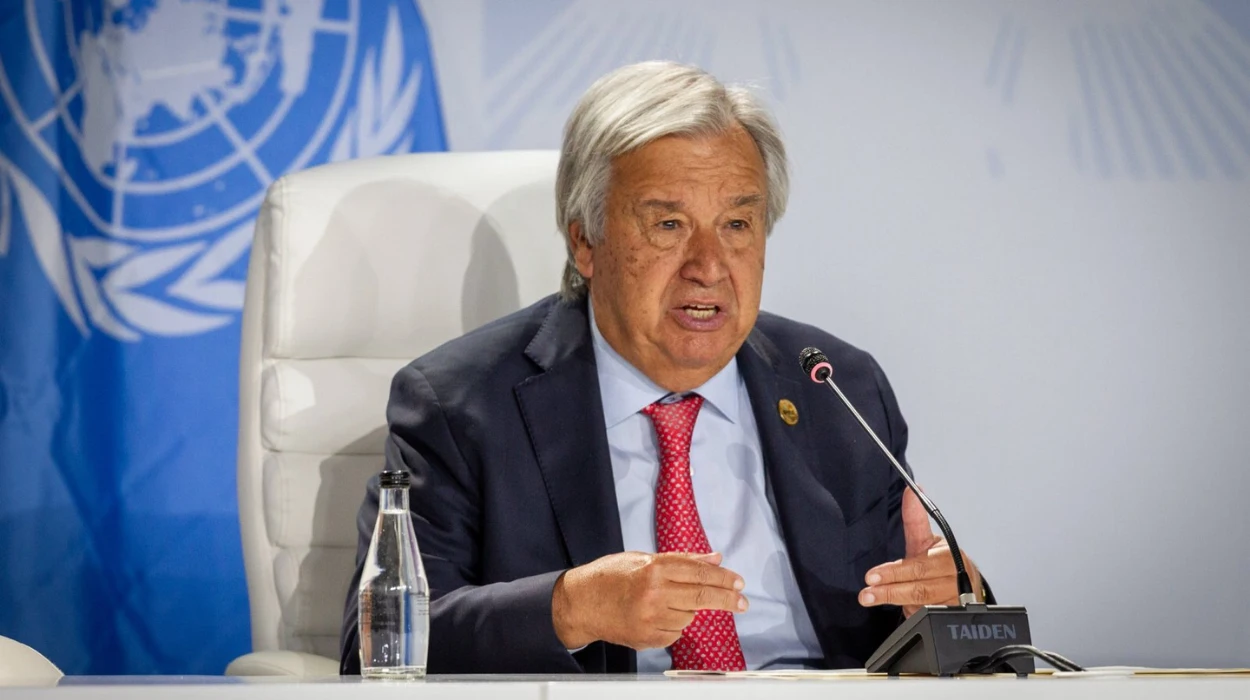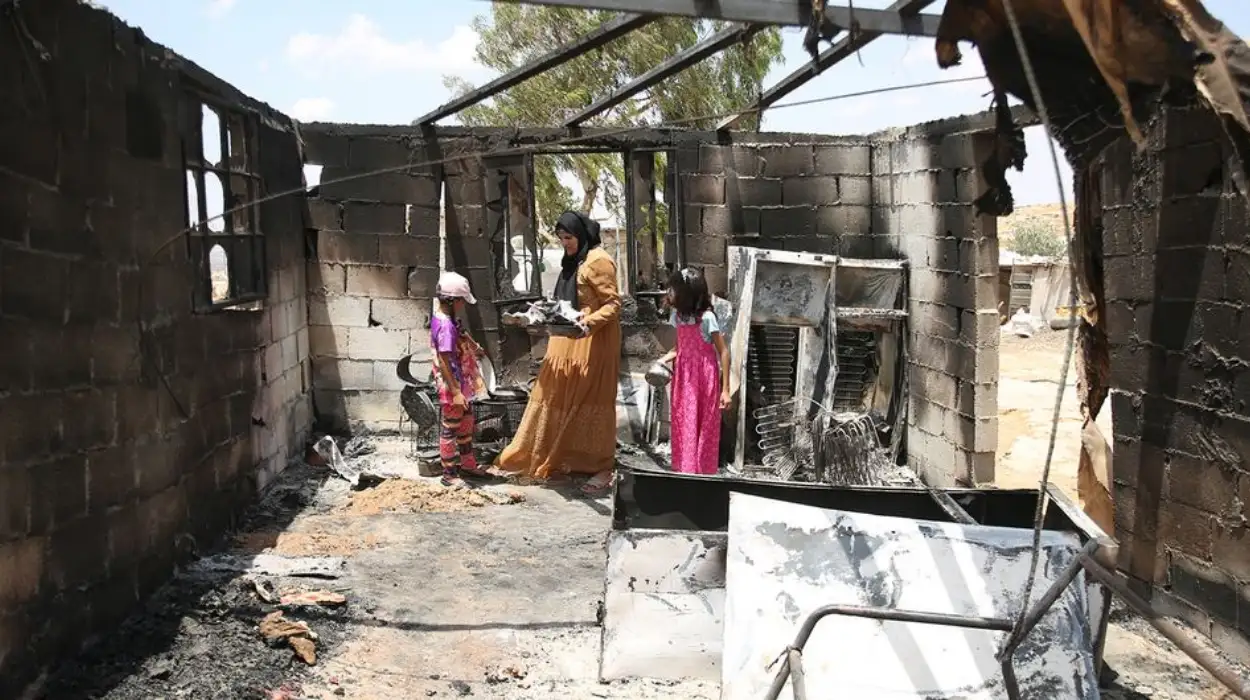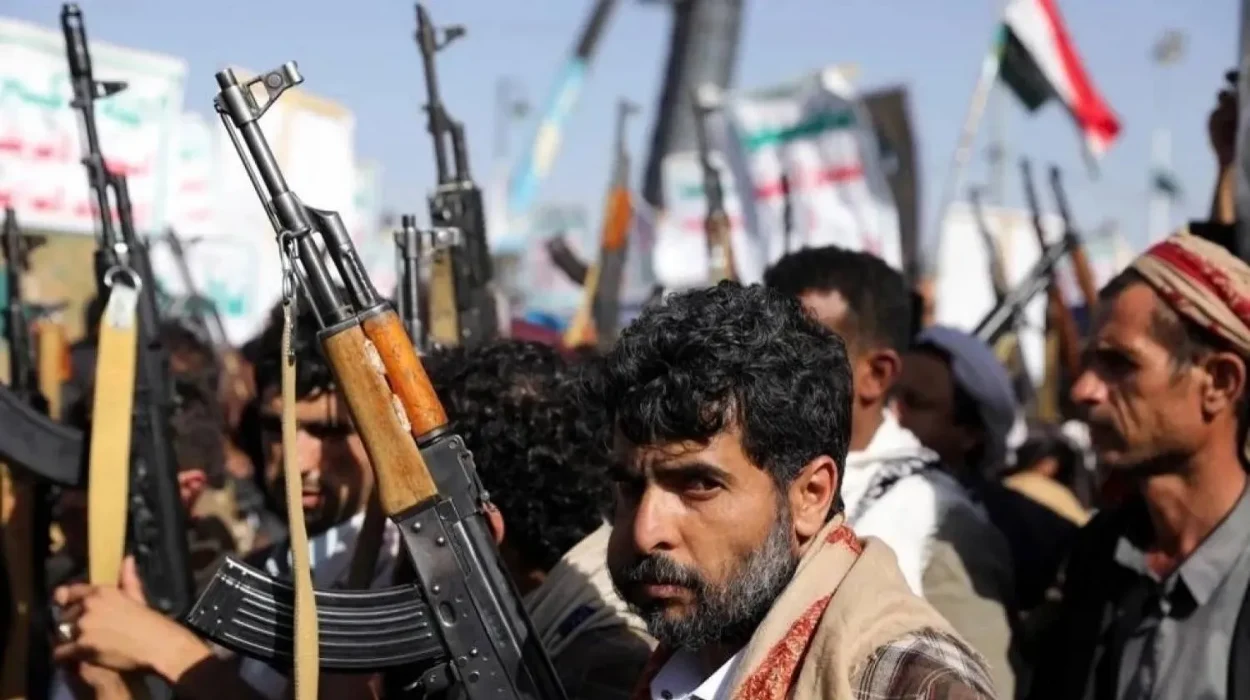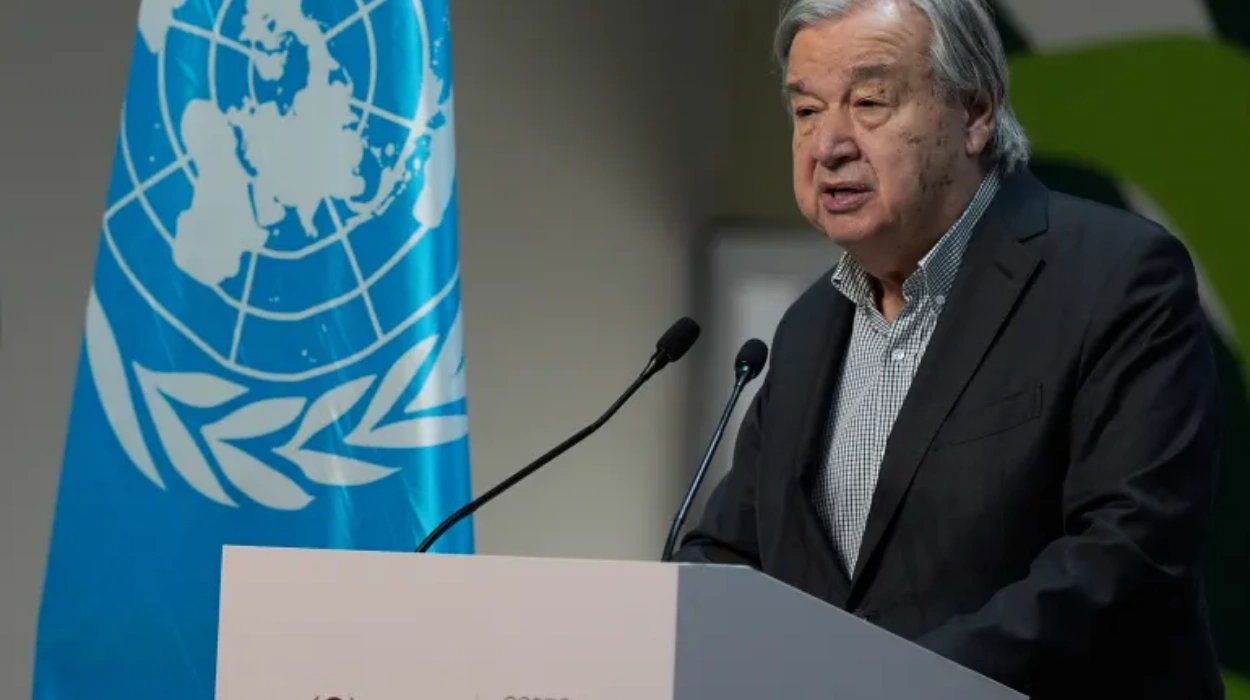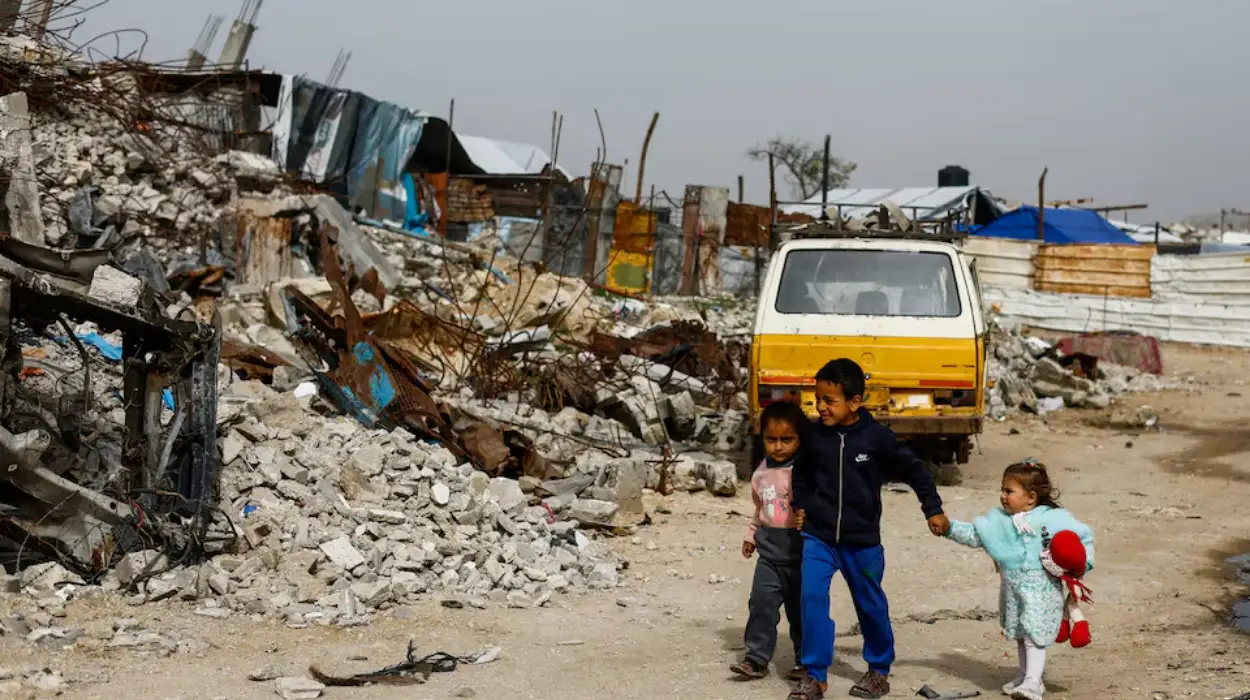On June 24, 2025, a significant milestone was reached in Angola’s development trajectory with the formal signing of a Memorandum of Understanding (MoU) between the United Nations Development Programme (UNDP) Angola and the Tony Blair Institute for Global Change (TBI). This strategic partnership, signed in Luanda by Denise Antonio, UNDP Angola Resident Representative, and Jackie Chimhanzi, TBI Regional Director for Southern Africa, represents a concerted effort to accelerate Angola’s progress toward sustainable development by leveraging the complementary strengths of a leading UN agency and a global think tank. Building on collaboration initiated in 2024, the MoU outlines a comprehensive framework for cooperation across multiple sectors, focusing on inclusive governance, SDG-aligned investment, digital transformation, innovation, agriculture, and institutional capacity building.
Building on a growing collaboration: Strategic alignment and vision
The partnership between UNDP Angola and TBI is a natural evolution of their initial cooperation, reflecting a shared vision to address Angola’s complex development challenges. The alignment of UNDP’s programmatic priorities with TBI’s strategic focus areas underscores the complementary nature of their expertise.
UNDP brings decades of experience in development programming, policy advocacy, and capacity building, while TBI contributes innovative governance models, digital transformation expertise, and a track record of supporting economic diversification in emerging economies.
This collaboration is timely and critical as Angola seeks to diversify its economy beyond oil dependency, modernize its institutions, and harness technology to improve governance and service delivery. The MoU formalizes joint efforts to promote sustainable development in Angola by focusing on practical, innovative, and inclusive solutions aligned with the country’s national development goals.
Key areas of cooperation: A multi-sectoral approach
The MoU outlines six core areas of cooperation, each crucial for Angola’s sustainable development:
1. Promoting SDG-Aligned Investment
A central pillar of the partnership is fostering an enabling environment for investment that aligns with the Sustainable Development Goals (SDGs). Through joint policy advocacy and technical assistance, UNDP and TBI aim to attract investments that support inclusive and sustainable economic growth. This focus is critical for Angola, where economic diversification is a national priority to reduce vulnerability to oil price fluctuations and create jobs.
By advocating for policies that incentivize SDG-compliant investments, the partnership seeks to channel capital into sectors that generate social and environmental benefits, such as renewable energy, infrastructure, and agribusiness. This approach not only supports economic growth but also ensures that development gains are equitable and sustainable.
2. Advancing Digital Transformation
Digital transformation is a cornerstone of the partnership, with plans to support the expansion of digital infrastructure, enhance digital literacy, and improve public service delivery through technology-driven solutions. Angola’s digital landscape has been evolving rapidly, but significant gaps remain in access and skills, particularly in rural and underserved areas.
UNDP and TBI’s joint efforts to build digital capacity will empower citizens and government institutions alike, facilitating more efficient, transparent, and responsive governance. Improved digital infrastructure will also enable innovation in service delivery, from healthcare to education, thus enhancing the quality of life for Angolans.
3. Fostering Innovation
Innovation is recognized as a key driver for overcoming development challenges. The partnership aims to foster innovation across public administration, private sector development, and social services. By promoting new solutions and encouraging experimentation, UNDP and TBI seek to catalyze transformative change.
This includes leveraging data analytics, artificial intelligence, and digital tools to improve decision-making and service delivery. Supporting startups and social enterprises will also be part of this innovation ecosystem, creating jobs and stimulating economic dynamism.
4. Supporting Sustainable Agricultural Development
Agriculture remains a vital sector for Angola’s economy and food security. The partnership focuses on strengthening agricultural value chains, improving market access for farmers and producers, and enhancing rural livelihoods.
By addressing bottlenecks in production, processing, and distribution, UNDP and TBI aim to increase productivity and incomes for rural populations. This will contribute to reducing poverty, improving nutrition, and fostering more resilient rural communities.
5. Building Institutional Capacity
Institutional capacity building is essential for sustainable development. The partnership includes joint training programs, workshops, and knowledge-sharing initiatives designed to strengthen Angola’s institutional frameworks.
Enhanced capacity will enable government agencies to design and implement effective policies, manage resources efficiently, and deliver quality services. This focus on governance reforms supports Angola’s broader goals of institutional modernization and public sector reform.
6. Mobilising Resources and Supporting Implementation
Recognizing that financing remains a critical challenge, the partnership commits to coordinated efforts to mobilize resources for inclusive and sustainable development initiatives. This includes exploring innovative financing mechanisms, engaging private sector partners, and leveraging international development funds.
Effective resource mobilization will ensure that planned initiatives have the necessary financial backing to achieve tangible outcomes and scale impact.
Strategic goals and expected outcomes
The partnership is designed to contribute significantly to Angola’s economic diversification and institutional modernization. By supporting evidence-based policymaking and deploying digital solutions that prioritize vulnerable populations and underserved regions, UNDP and TBI aim to foster inclusive growth and reduce inequalities.
The focus on practical, innovative, and inclusive solutions aligns with Angola’s national development agenda, particularly the Angola 2025 Vision and the National Development Plan 2023-2027, which emphasize diversification, governance reforms, and social inclusion.
Expected outcomes include increased investment in sustainable sectors, improved digital infrastructure and literacy, enhanced agricultural productivity, stronger institutions, and more effective resource mobilization. Collectively, these will contribute to improved livelihoods, poverty reduction, and sustainable economic growth.
Key Representatives: Commitment to Transformative Change
Denise Antonio, UNDP Angola Resident Representative, highlighted the significance of the MoU:
“This MoU represents a significant step forward in our commitment to support Angola’s sustainable development agenda through innovative partnerships that leverage technology, governance reforms, and inclusive investment.”
Jackie Chimhanzi, TBI Regional Director for Southern Africa, emphasized the partnership’s transformative potential:
“Our partnership with UNDP Angola strengthens our joint efforts to foster transformative change in Angola by combining expertise in governance, digital innovation, and sustainable development to create lasting impact.”
These statements reflect a shared commitment to leveraging combined expertise and resources to address Angola’s development challenges effectively.
Background context: Angola’s development landscape and the role of partnerships
Angola’s economy is characterized by its rich natural resources, particularly oil and diamonds. However, the country faces the critical challenge of diversifying its economy to reduce dependence on volatile commodity prices. Economic diversification is essential for creating jobs, reducing poverty, and achieving sustainable development.
Digital transformation and institutional capacity building are recognized as critical enablers for this transition. Improved governance, transparency, and service delivery can enhance investor confidence and public trust, while digital technologies can bridge gaps in access to services and information.
The partnership between UNDP and TBI exemplifies a growing trend of collaboration between international development agencies and think tanks. Such partnerships combine operational experience with policy expertise and innovation, accelerating progress toward the Sustainable Development Goals.
Advancement in sustainable development journey
The MoU signed between UNDP Angola and the Tony Blair Institute for Global Change marks a pivotal advancement in Angola’s sustainable development journey. By formalizing cooperation across investment promotion, digital transformation, innovation, agriculture, institutional capacity, and resource mobilization, the partnership addresses Angola’s multifaceted development needs comprehensively.
The alignment of UNDP’s development mandate with TBI’s strategic expertise creates a powerful synergy capable of delivering practical, innovative, and inclusive solutions. This collaboration is poised to support Angola’s economic diversification, institutional modernization, and social inclusion efforts, ultimately contributing to improved livelihoods and sustainable growth.
As Angola navigates the challenges of the 21st century, partnerships like this will be crucial in transforming ambitions into tangible progress, ensuring that development is equitable, resilient, and sustainable.


